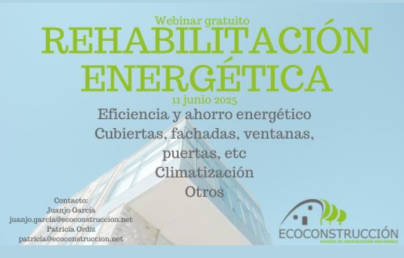
Scientists Achieve Record Energy Efficiency for Thin Solar Panels

Scientists Achieve Record Energy Efficiency for Thin Solar Panels
Scientists from the University of Surrey and Imperial College London have achieved an increase in energy absorption in ultra-thin solar panels by 25%, a record for panels of this size.
The team, which collaborated with AMOLF in Amsterdam, used solar panels just one micrometer thick with a disordered honeycomb layer on top of the silicon panel. The biophilic design draws inspiration from butterfly wings and bird eyes to absorb sunlight from every possible angle, making the panels more efficient.
The research led to a 25% increase in levels of energy absorption by the panels, making these solar panels more efficient than other one-micrometer-thick panels. They published their findings in the American Chemical Society’s journal, Photonics.
“One of the challenges of working with silicon is that nearly a third of light bounces straight off it without being absorbed and the energy harnessed,” said Marian Florescu from the University of Surrey’s Advanced Technology Institute (ATI) in a statement. “A textured layer across the silicon helps tackle this and our disordered, yet hyperuniform, honeycomb design is particularly successful.”
The panels in the study reached absorption levels of 26.3 mA/cm2, compared to a previous absorption record of 19.72 mA/cm2 from 2017.
Read the full article here.

